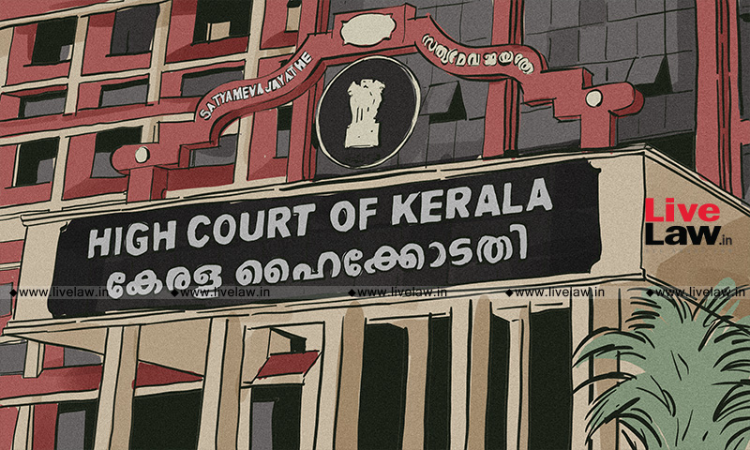In a recent judgment, the Kerala High Court has declined to allow the plea of an accused in a POCSO case where he voluntarily submitted to undergo a narco analysis test to prove his innocence in the matter. Observing that even if allowed, the statements obtained through the test are not admissible in law, Justice M.R. Anitha held:"The revelations brought out during Narco Analysis under...

